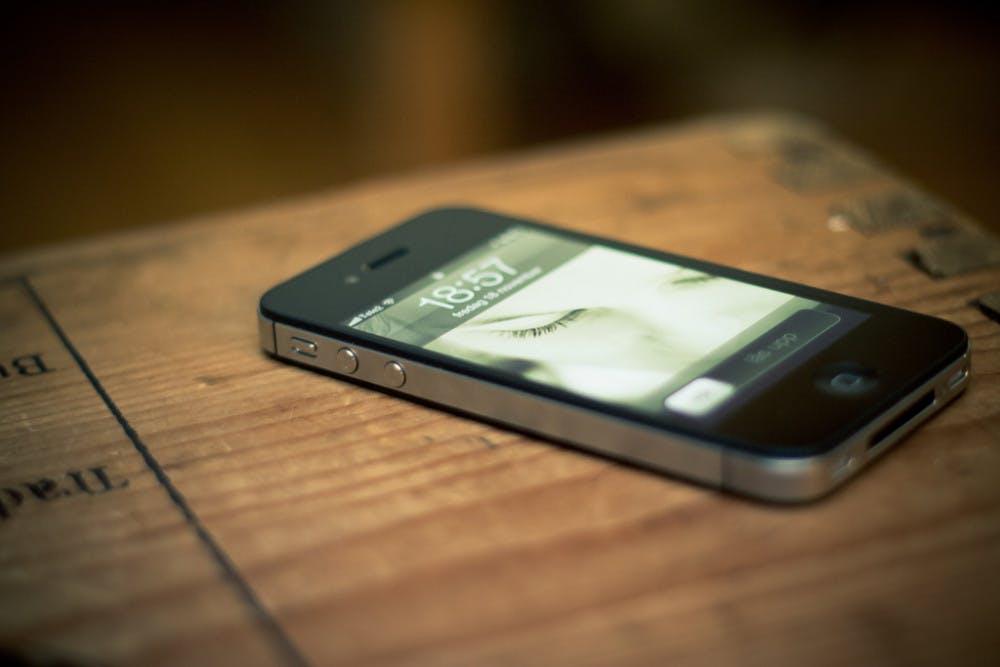
There is no better way to finish a day at Seton Hall than by grabbing dinner at the cafeteria with some friends. That is, until the first pause in conversation cues the inevitable use of cell phones, which instantly makes me feel disconnected and distant.
These pocket-sized devices grow into a 360 degree barrier when the users immerse themselves in social media and texts. As much as I resent it, the urge to look at my own phone often overcomes me in these situations.
Though a University of Southern California study showed that 52 percent of millennials said they have more time for family and friends because technology enables them to do work from anywhere, it also can distract from loved ones or even from a student’s studies.
More often than not, studying in the library with friends is frequented by cell phone breaks, which are rarely short. I find my friends and I will turn a quick check of the phone into a 15-minute binge, which inevitably hinders our focus.
Even instances like sitting in class before it begins are now drained of social interaction as students play on their phones instead of talking.
As much as cell phones and social media seamlessly bring people together, it also brings disconnection that resonates strongly in the cafeteria, the library or any social event.
Cell phones serve as a defense mechanism from gaps in interest or a feeling of awkwardness that can occur anywhere. As soon as there is a lull in conversation, it becomes instinct to whip your phone out.
This instinct to use a cell phone can become harmful, as seen in the same study from USC. It found that 25 percent of millennials said being accessible through a mobile device has made their lives more stressful.
Being connected at any given instance is useful but the anxiety of wanting to be constantly in the loop of group chats and social media and current events is overwhelming. That notion is supported by AnxietyUK, which found that 45 percent of those surveyed feel “worried or uncomfortable” when email or Facebook is inaccessible.
Steps must be taken to regain control of millennials’ self-awareness as cell phones and social media continue to have a stronger grasp on us.
Some millennials have chosen to take extended breaks from social media. They are setting cell phone-free hours during the day, or even reaching extremes of downgrading to flip phones to simplify all cell phone use.
While such steps may be a little too intense for some, there are simpler ways to ease away from cell phones.
I’ve begun by simply leaving my cell phone in my pocket during some of my walks to classes. This allows me to enjoy the scenery of campus and interact with friends I see along the way. It’s not much, admittedly, but it’s a step.
Quite simply, it all begins with putting the phone away. From there, say hello to someone. Leave the phone out of meals. Any small, considerate action like this is what we need.
We’re so obsessed with being connected, but the best way to do that may be by disconnecting from our cell phones.
Kyle Kasharian is a business major from Green, N.J. He can be reached at kyle.kasharian@student.shu.edu or on Twitter @ItsKyleKash.





